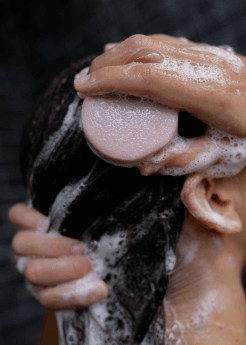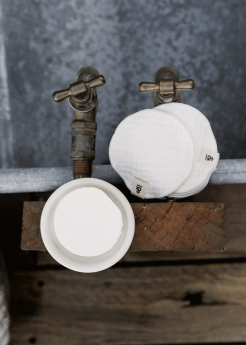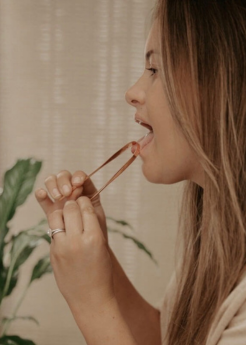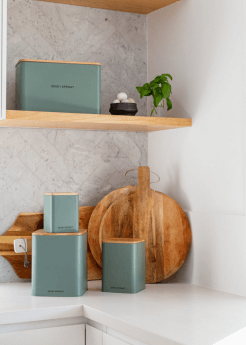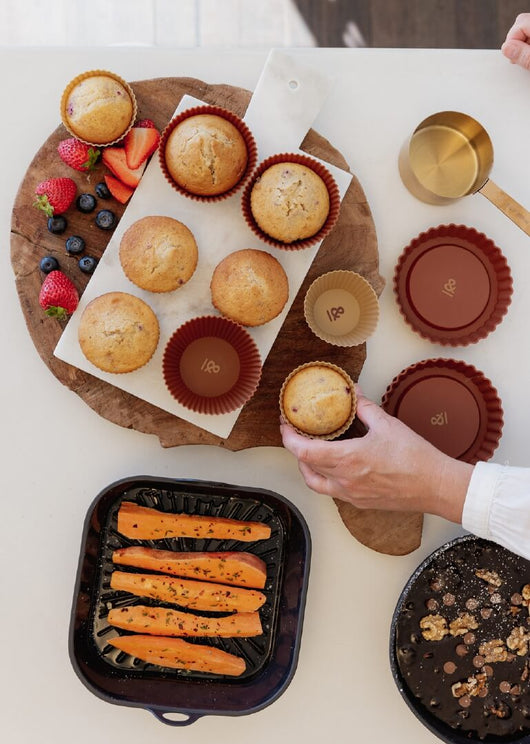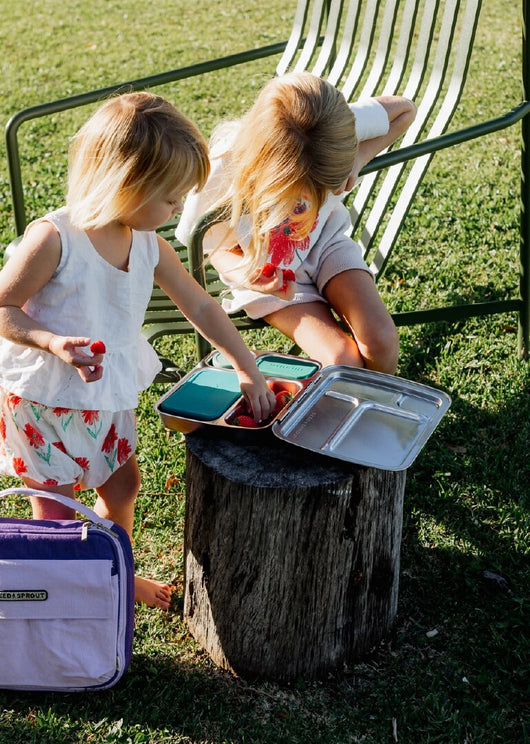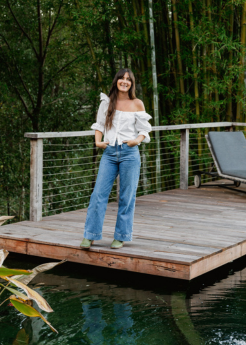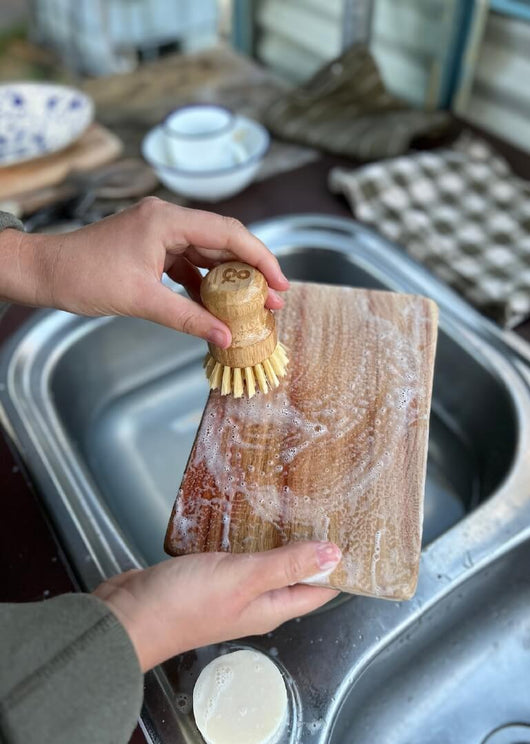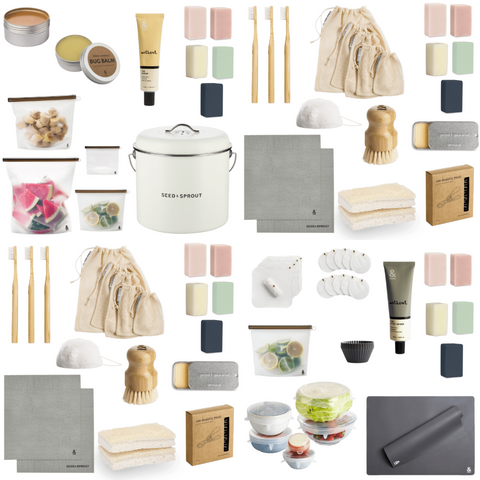April 22nd marks Earth Day 2023. We truly believe that every day is Earth Day but we also like taking a moment to stop, think and really dive deep into educating ourselves on what we can do to help mother nature. Once we know better, we can do better.
We've chosen to delve deeper on the 'end of life' process of many regular products you probably see and use on a daily basis and what all that terminology really means.
What is plant based plastic? Is that compostable coffee cup really compostable? Do you add a biodegradable bag to the landfill, recycling bin or your home compost? Argh!?
Home Compostable
A home compostable product is made from materials that will decompose into organic matter and can be used as compost once it’s broken down. This composting process will usually occur within 90 - 180 days without leaving anything behind; that’s no microplastics, no toxins and no trace.
Items labelled ‘home compostable’ can be added directly into your home compost or check out Sharewaste if you don’t have one! Anything that is sold as home compostable should be labelled with the Australian Standard AS 5810-2010 certification. If there is no labelling, look at the materials used to make the product, is it completely natural like bamboo, cellulose or cotton? Then it’s home compostable!
Did you know that there is no home compostability standard for natural materials? That’s why, despite many of our products being home compostable (like our plant based Cellulose Sponge and Konjac Sponge) they don't need a label. Both are made from natural materials that will decompose into compost within a couple of weeks (remember to wash and reuse them as many times as you can before that!)

Biodegradable
All home compostable products are biodegradable but not all biodegradable products are home compostable. Confused? We were too! Let us explain.
Biodegradable means that an item is capable of being broken down with the assistance of living things (bacteria, fungi or microbes). It does not mean that it will break down into usable organic matter that can be considered compost.
Biodegradable products should not be placed in your home compost unless specified on the packaging. This is because while some materials such as food will biodegrade within weeks, others like biodegradable plastics may take years.
Look out for the Australian Standard 4736-2006 which indicates that a product is biodegradable at a commercially compostable standard only. This means that it needs a specific environment and very high temperature to break down. Australia has very limited commercial composting facilities available and items labelled AS 4736 will not be accepted in your green organics waste bin.
If a product is labelled as biodegradable but not home compostable or recyclable then it should be placed in your red landfill bin.
We don't offer any biodegradable products so there's no confusion, it's either compostable or recyclable with us :)

Recyclable
Recycling is an amazing resource to keep products out of landfill. These products can be processed, cleaned, broken down and remade into new products.
Most items you purchase will be labelled with a logo indicating if it is recyclable or not but it’s important to check if your local council accepts this item. Our local Byron Shire council has a fantastic resource with an A-Z website of what we can and cannot add to our yellow recycling bin. Take a look and see if you can find one similar in your area.
All of our products here at Seed & Sprout are built to last a lifetime, recyclable, home compostable or zero waste and we take pride in ensuring that our products don’t end up in landfills. We offer a Silicone Takeback Program through Terracycle where we recycle all of our silicone products as well as a textiles recycling partnership with Upparel where you can recycle our textile products should you wish!

What do I do if I don’t have home compost?
If you don’t have a home compost yet, consider getting one started. It’s a great way to feed your garden or your indoor houseplants for free, plus you can break down your own food waste and other composting items right at home. Check out our beginners guide here.
While not all products are made equally, a product labelled as compostable, biodegradable or recyclable is far and away better than one that isn’t. Our goal is always to avoid landfill, and it’s a great life mantra to live by!
We include care and end of life details on all of the products we sell but if you have any questions please do get in touch with us at hello@seedandsprout.com.








